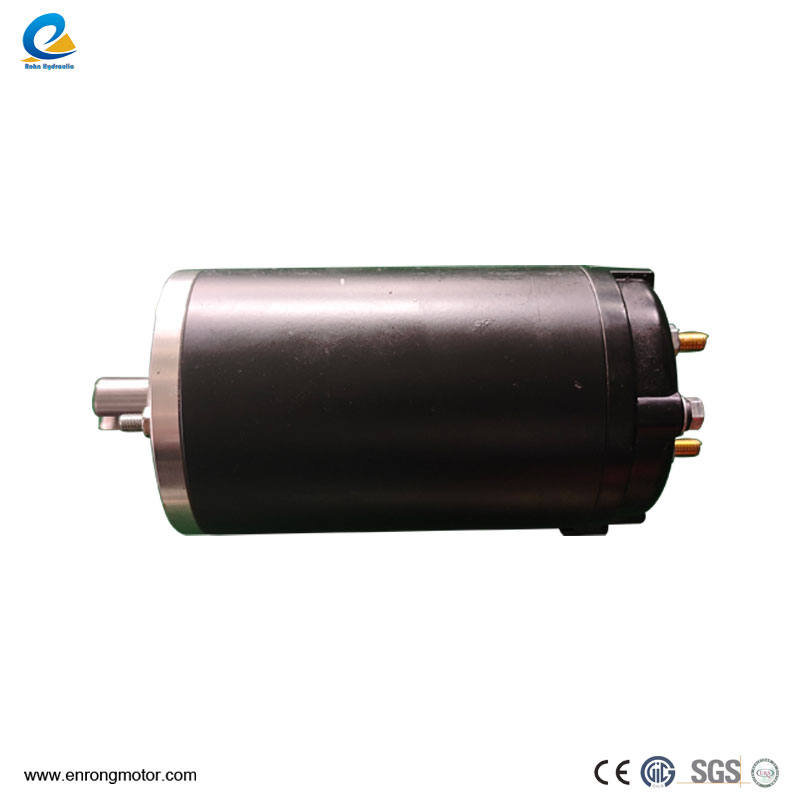Understanding Hydraulic Motors: Powering the Modern World
2024-12-20
Hydraulic motors are critical components in industrial machinery, construction equipment, and even renewable energy systems. These devices convert hydraulic energy into mechanical energy, powering everything from excavators to wind turbines.
What is a Hydraulic Motor?
A hydraulic motor is a mechanical actuator that harnesses pressurized fluid to produce rotary motion and force. Working as part of a hydraulic system, it typically operates in conjunction with a hydraulic pump. While the pump generates the pressurized fluid, the motor uses this energy to drive a shaft or load.

Types of Hydraulic Motors
1. Gear Motors
- Compact and simple in design, gear motors are ideal for applications requiring moderate power and efficiency.
- They work by transferring hydraulic fluid between gears to generate rotational motion.
2. Vane Motors
- Known for their smooth operation and high efficiency, vane motors use retractable vanes within a rotor.
- They are commonly used in industrial applications requiring precise control.
3. Piston Motors
- Piston motors offer high torque and efficiency, making them suitable for heavy-duty applications like cranes and drilling rigs.
- They use pistons arranged radially or axially to create rotational force.
Advantages of Hydraulic Motors
- High Torque Output:
Hydraulic motors can produce significant torque, even at low speeds, making them ideal for heavy machinery.
- Durability:
Designed for rugged environments, hydraulic motors are resistant to dust, water, and high temperatures.
- Flexibility:
Hydraulic systems allow for easy speed and torque adjustments by controlling the fluid flow and pressure.
- Compact Design:
Hydraulic motors are lightweight and space-efficient compared to their electric counterparts.
Applications of Hydraulic Motors
1. Construction Equipment:
Hydraulic motors are integral to excavators, loaders, and bulldozers, providing the power needed to move heavy loads.
2. Industrial Machinery:
These motors drive conveyors, mixers, and other heavy-duty equipment in factories.
3. Agriculture:
Tractors, harvesters, and irrigation systems utilize hydraulic motors for efficient operation.
4. Renewable Energy:
Hydraulic motors are used in wind turbines and hydropower plants to convert natural energy sources into usable mechanical energy.
Maintaining a Hydraulic Motor
Proper maintenance ensures the longevity and performance of hydraulic motors.
- Check for Leaks:
Regularly inspect hydraulic hoses and seals for leaks that can reduce efficiency.
- Monitor Fluid Quality:
Use clean, high-quality hydraulic fluid to prevent wear and tear.
- Routine Lubrication:
Keep moving parts well-lubricated to minimize friction and wear.
- Temperature Control:
Avoid overheating by ensuring the cooling system functions efficiently.
Conclusion
Hydraulic motors are indispensable in modern engineering, offering unmatched power and versatility. Whether you’re operating heavy machinery or building renewable energy systems, these motors play a vital role in driving progress. By understanding their operation, benefits, and maintenance, you can optimize their use for various applications.


